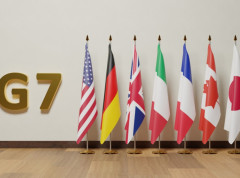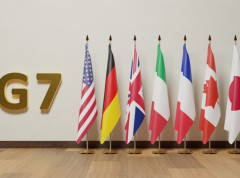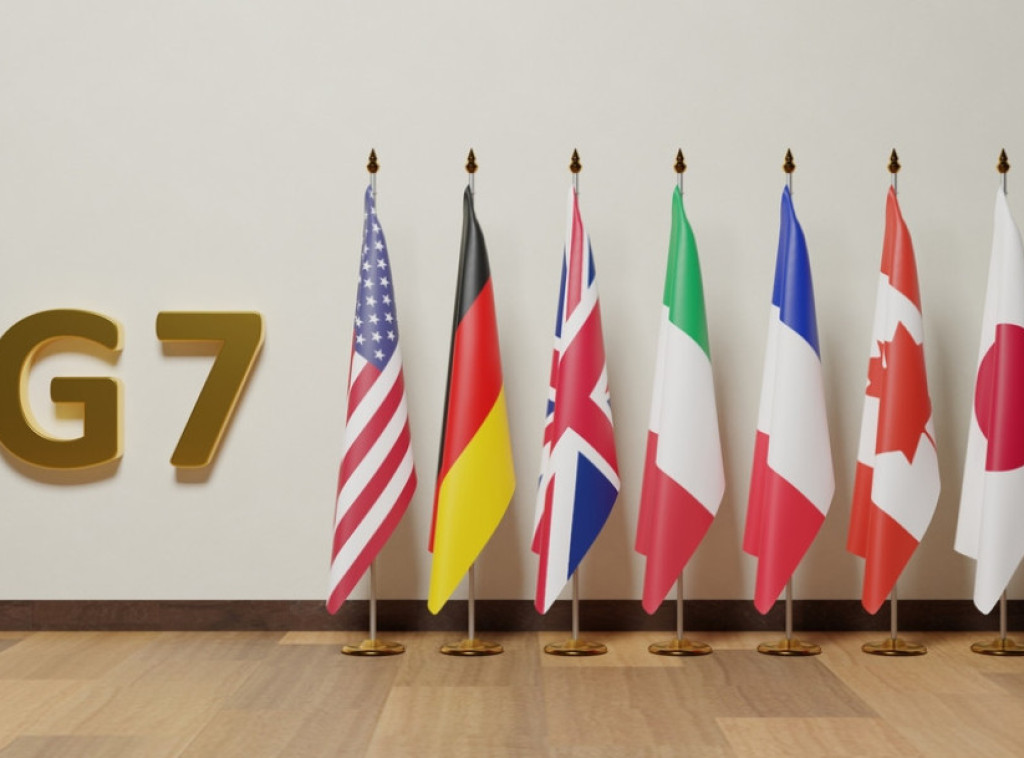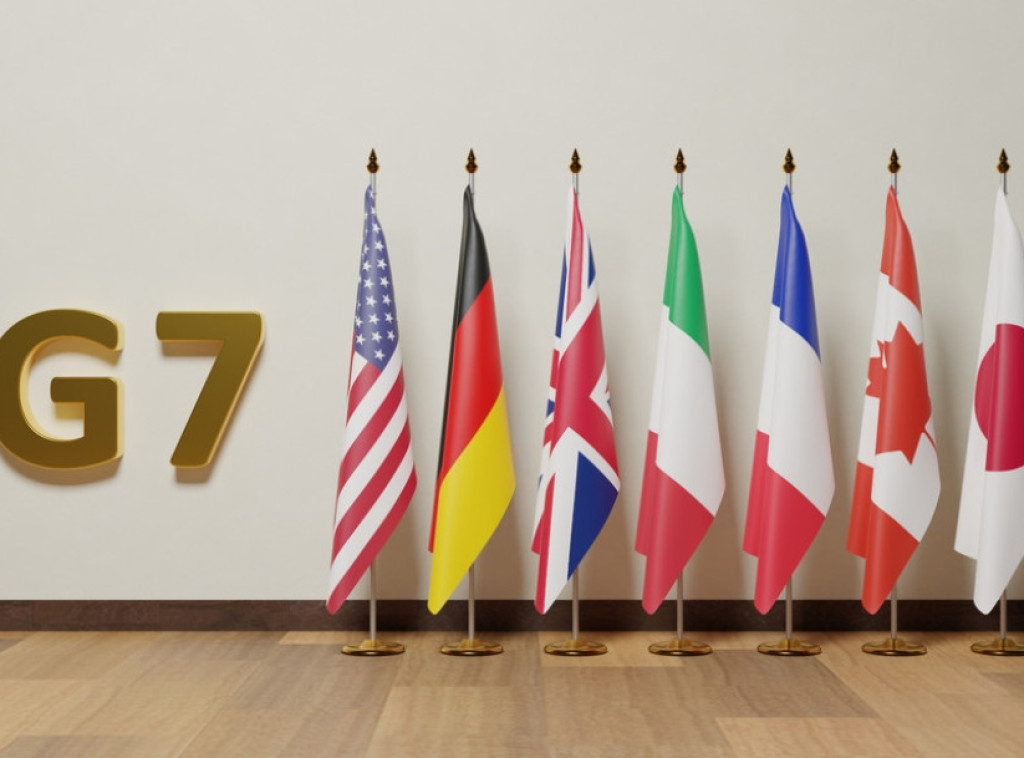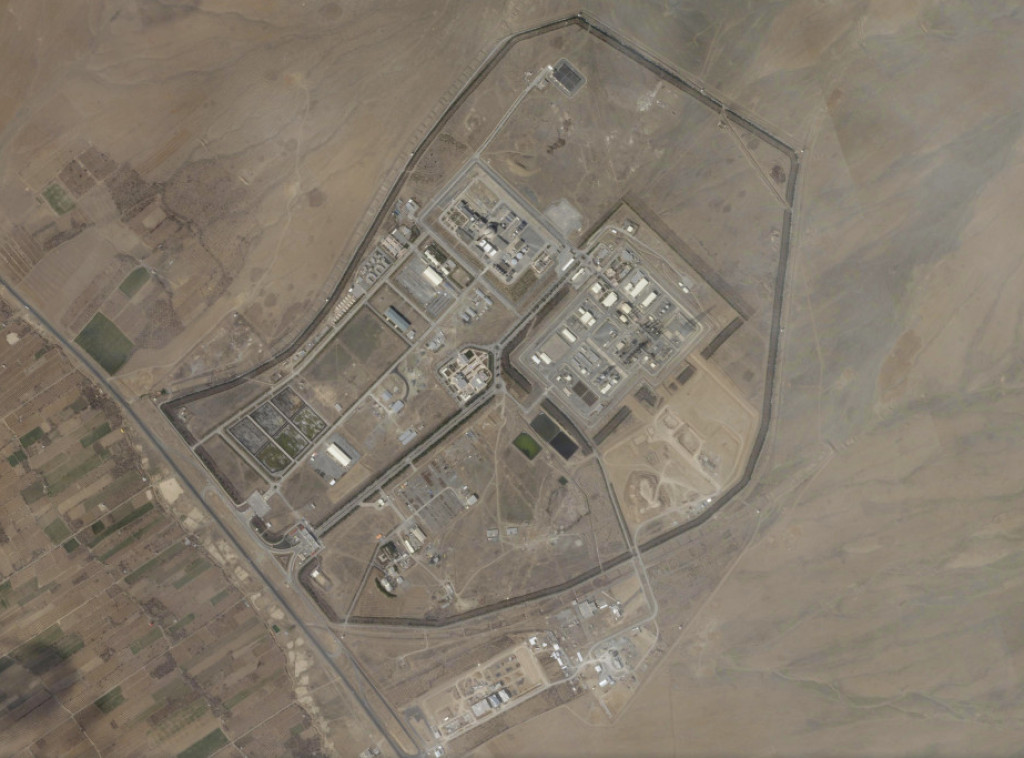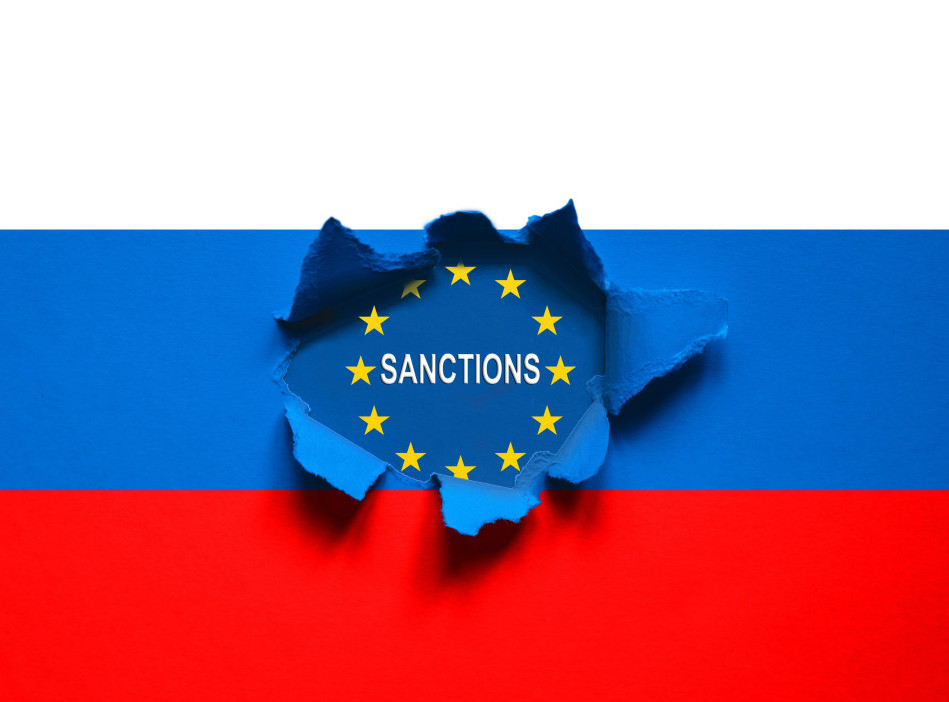G7 and US Companies: The Tax Drama Shaking the World!
Ready for another example of how the powerful play by their own rules? The G7 countries, the group of the world’s most developed industrial powers, have just backed a proposal that will allow American companies to dodge higher tax rates abroad. Yes, you read that right – while the world tries to enforce fair international tax standards, the US and its giants get a special pass!
What’s going on?
At a recent meeting in Canada, the G7 supported a US proposal that exempts American firms from certain provisions of the global tax agreement. This agreement was designed to bring stability and fairness to the international tax system, but it seems the rules don’t apply equally to everyone.
American companies will be able to avoid paying higher tax rates abroad because the US already has its own taxes they pay at home. The G7 accepted this as recognition of existing US minimum tax laws. But is this fair to other countries and companies that don’t have such privileges?
Why is this a problem?
This deal sends a clear message: the powerful can bend the rules, while others must comply. While the world fights for tax justice and tries to stop tax havens and avoidance, the G7 decided to put American companies on a special pedestal.
This means other countries might lose significant tax revenues while American firms keep raking in profits without extra costs. This could deepen global economic inequalities and cause resentment among other G7 members and worldwide.
What do officials say?
Officially, the G7 claims the plan aims to bring greater stability to the international tax system. But critics say it’s just another example of the US using its influence to protect its interests while others have to adjust.
Reuters reported that this deal followed a US proposal to allow US companies to avoid new international taxes they already pay at home. So instead of everyone participating equally in the global tax system, the US got a special deal.
What’s next?
This move could spark new tensions in international relations and tax negotiations. Will other countries accept this deal or demand their own exceptions? How will this affect the global economy and the fight against tax evasion?
One thing’s clear – while the powerful negotiate behind closed doors, ordinary people and smaller economies are left to deal with the fallout.
Conclusion
The G7 just showed that global rules aren’t the same for everyone. American companies get a special pass to avoid higher tax rates abroad, while others watch and wonder where the fairness is.
If this seems like another proof that the global system favors the powerful, you’re not alone. Maybe it’s time to ask – who really controls the rules of the game?
And while you mull that over, drop a comment – is this fair or just another tax farce? Or maybe you have a better idea on how to fix this? Let’s have a laugh and a debate because news like this can’t go quietly!
Sources: Tanjug, Blic, Reuters






